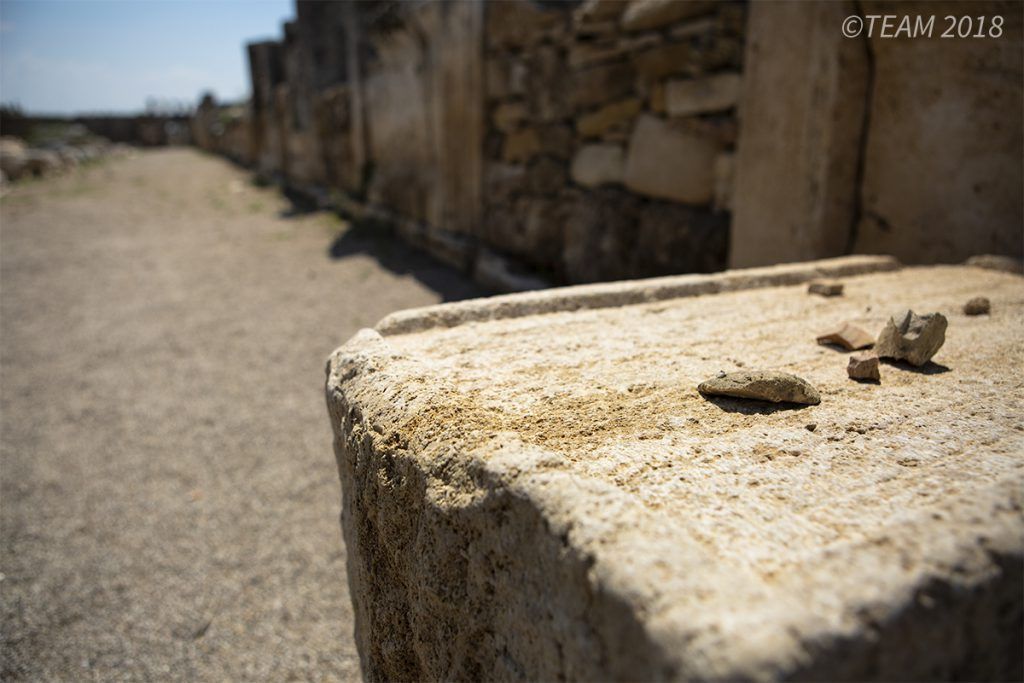When a brand-new ship is ready to set sail, it is “commissioned.” The event is arranged by the ship’s builders and shareholders and serves as a public declaration that the vessel is seaworthy and ready for the voyage. The commissioning is the launching point of the ship’s active service.
When a brand-new missionary is being deployed for service abroad, it is also important that they are commissioned. There are some great things that you and your church can do to “launch” your missionary.
A commissioning service is an important time for both a missionary and his or her sending church. Not only does it reaffirm their commitments to each other, it provides a time to rejoice and give thanks together before the missionary leaves for the field.
Commissioning services can be held as part of a regular church service or as a stand-alone event. But, what if you have never planned or even attended a commissioning service? Where do you begin?
Outlined below are some starting points for planning a commissioning service that will be meaningful to both the missionary and the church. For even more tips and resources, download our complete guide to a commissioning service.
1. WORK WITH THE MISSIONARY

It’s important to talk with your missionaries so you can personalize your commissioning service and add things that are beneficial to the missionaries.
If you want to plan a ceremony that will be special for your missionary, all you have to do is ask . It is not rude or uncommon to ask the missionary to offer suggestions that can help ensure the event will be meaningful to them.
For instance, active missionaries often mention that they miss worshiping with their home church, so something as simple as singing a few of his or her favorite worship songs might leave them feeling edified and encouraged . Another idea is to ask them to share a particular scripture with the congregation that has been instrumental in their calling to missions.
Be sure to encourage them to invite their family, friends and other supporting churches to the event. It is a milestone for them and for those who have supported them during the journey to that brought them to this very day.
2. PRINT IT OUT
A printed program speaks to the importance of the service for both the church and missionary and serves as a memento and reminder of the occasion. Of course, your program should include standard information like the title of the event, the date, etc. In addition to the basic details, consider including some of the following elements:
- A brief introduction, including the purpose and significance of a commissioning service.
- Share God’s goodness! Include a short story of how the Lord has led the missionary and church on the journey to this day, and give a brief overview of the ministry your missionary plans to do.
- Include a scripture that is meaningful to the missionary.
- If the missionary has an advocate team (sometimes called a Barnabas team), list the members’ names.
- Let the congregation know how to stay in touch by including contact information for the missionary and information on how to give to their ministry.
3. LEAD THE CHARGE
A “charge” is to a commissioning service what vows are to a wedding. This part of a commissioning service is usually administered by the senior pastor, an elder or missions leader, and should highlight God’s call on the missionary’s life and affirm that the church stands behind them. It’s a time for the missionary to commit to faithfully serve the Lord, share the gospel, and act as an extension of the church abroad.
This part of the service is a great opportunity to have the elders, advocate team and/or congregation pray over the missionary – a meaningful practice laid out by the early church ( Acts 13:1-3 ). The charge is also for the church and is a time for the congregation to commit to continually support and pray for the missionary and help in any way it can.
4. THE EBENEZER

Although we no longer erect stones, it’s still good to give your missionary something to physically remind them of God’s work in their lives.
In the Bible, an Ebenezer was a stone that was set upright as a memorial after the Lord had done a mighty act on behalf of his people ( 1 Sam. 7:12 ). The point of the stone was to be a visual and physical reminder that the hand of God brought them to that place.
Try to find a physical item to represent the sending of your missionaries, and present it to them publicly as a part of the commissioning service. The “Ebenezer” can be a plaque to hang on the wall, a Bible with an inscription, or anything else that will tangibly remind them of the day they were commissioned for service .
5. RECEPTION
Both the missionary and members of the congregation will want to personally say their final goodbyes and offer encouragement face-to-face. Consider holding a post-commissioning reception, which is usually held at the church directly after the commissioning service. This can be anything from a casual, informal time to say goodbye in the lobby to a good old-fashioned potluck — whatever fits your occasion!
A commissioning service can and should be a momentous and celebratory time , and planning the event can be a lot of fun as well! If you are given the honor of planning a commissioning service, there are many things you can do to make the event a special and memorable time for both your church and the missionary you are sending. Just use these simple steps, add some personal touches and you will be well on your way to a great commissioning service!
For even more tips and resources, download your complete guide to a commissioning service.




















